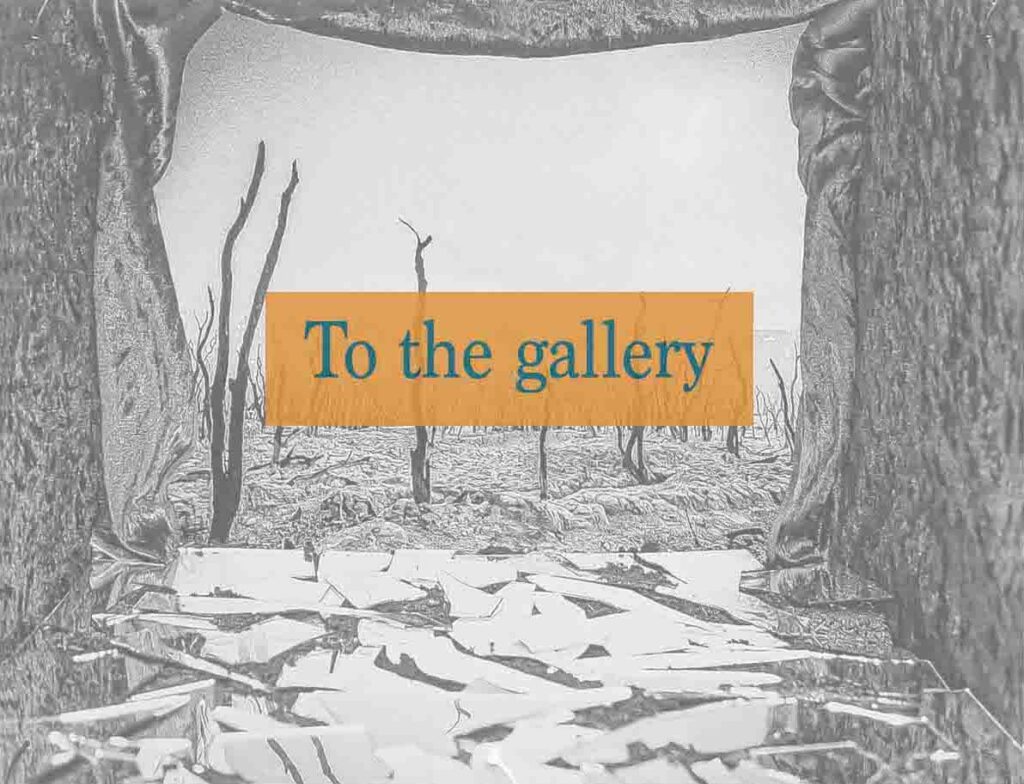There is no disaster without the interpretation that gave rise to it. From archaic societies that viewed disasters as “acts of God” to Rousseau’s letter that raised the principle of human responsibility in the Lisbon earthquake of 1755, disasters challenge the relationship between nature, society, and human beings.
The current scientific literature provides a wealth of publications on how vulnerability transforms hazards into disasters. But what does vulnerability mean? Where is the line between hazards and disasters in terms of perceived risk? The logics of our Western socio-economic paradigms may be challenged by cultures and traditions when destruction and reconstruction are philosophically intertwined.
